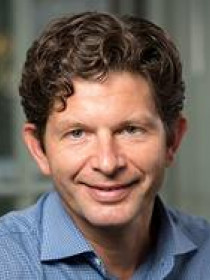
Raymond J. La Raja
Connect with Raymond
About Raymond
La Raja’s expertise includes U.S. campaign finance, elections, political parties, interest groups, civic participation, public opinion, and political reform. He is on the Academic Advisory Board for the Campaign Finance Institute and is Associate Director of the UMass Poll. La Raja is also founder and Editorial Board Member of The Forum: A Journal of Applied Research in Contemporary Politics, a quarterly electronic journal for scholarly analysis and commentary on public issues.
Contributions
In the News
Publications
Argues that campaign finance reforms give power to ideological factions in the political parties and polarizes the political system. Recommends reforms that channel more money through party organizations, which are highly pragmatic, as a way to reduce the ideological distance between the major U.S. parties.
Illustrates how a dense and narrow network of activist donors helps advance the success of challengers for the U.S. Congress.
Argues how disclosing the contributions of small donors can undermine political participation, especially for citizens surrounded by people with different political views. Discusses how individuals refrain from making small campaign contributions or reduce their donations to avoid disclosing their identities.
Explains the relationship between political parties and the political process. Explores whether strengthening party organizations, particularly by de-regulating their finances, would improve elections, representation and governing.
Discusses how donors have always been more ideologically extreme than other voters but they did not become substantially more so until the 2002 elections. Suggests that the source of partisan polarization is not necessarily with mass donors but with subsets of highly active partisans who donate or engage in other political activities.
Discusses how citizens desire a campaign finance system that weans politicians from private donors, but are unwilling to pay a small amount in taxes to support public financing and how ironically, support for public financing through taxes is highest among the wealthier Americans who contribute money to politics.